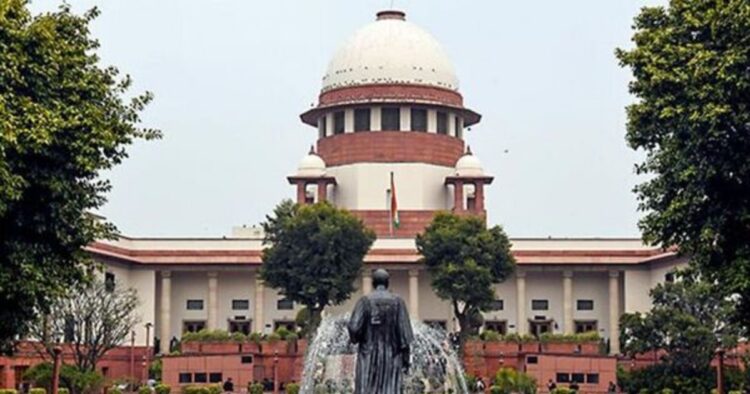The Supreme Court of India has recently criticized the central and state governments for their failure to enforce laws against misleading advertisements by drug and health product manufacturers. The court has instructed the Ministry of Ayush to develop a central dashboard where citizens can track the progress of their complaints regarding such misleading ads.
Justice Hima Kohli, leading the bench, pointed out significant deficiencies in the enforcement of three key laws related to health – the Drugs and Magic Remedies (Objectionable Advertisements) Act (DMR), the Drugs and Cosmetics Act (DCA), and the Consumer Protection Act (CPA). The court observed that many states and Union Territories have failed to take action against companies violating these laws, including not initiating prosecutions or imposing penalties.
Patanjali’s Legal Battles and Government Delays
During the proceedings, senior advocate Balbir Singh, representing Patanjali, highlighted recent developments in the case against the company. He explained that the Uttarakhand government had lifted a ban on Patanjali products after discovering procedural errors in the original order. However, the court criticized the state for the delay in reaching a decision on the matter and gave the government an additional two weeks to finalize its decision on the ban.
The court also discussed broader issues related to the regulation of health product advertisements. Advocate Shadan Farasat, assisting the court, noted that there are no mandatory clinical trials required for Ayush drugs, unlike allopathic medicines. This has led to concerns about the safety and efficacy of such products. Farasat also highlighted that the penalty mechanisms under the relevant laws are rarely used, and there is a lack of coordination between states when handling complaints.
Complaints and Penalties Not Addressed Properly
The court noted that despite a large number of complaints forwarded from different states, very few have resulted in penalties or legal action. Many states have failed to act on these complaints, leading to a significant backlog and inaction.
The court examined the decline in complaints registered with the Grievances Against Misleading Advertisements (GAMA) portal after the Memorandum of Understanding (MoU) between the Ministry of Consumer Affairs and the Advertising Standards Council of India (ASCI) expired in August 2020.
The number of complaints fell sharply after the MoU ended, and the court questioned why it was not renewed. The ASCI had previously handled a large number of complaints related to misleading advertisements, showing a high rate of compliance.
In an effort to curb misleading ads, the Supreme Court had earlier mandated that all advertisers submit a “self-declaration certificate” before publishing any ad. This certificate is meant to ensure that the ad does not contain misleading claims and complies with regulatory guidelines. Following this order, new features have been added to the Broadcast Seva Portal for TV and radio ads and the Press Council of India’s portal for print and digital ads.
This legal scrutiny began in 2022 when the Indian Medical Association (IMA) petitioned the court against Patanjali and Baba Ramdev for making misleading claims about their products. The petition argued that Patanjali’s advertisements, which claimed to cure serious conditions like asthma and diabetes, violated the DMR and DCA rules.
The Supreme Court’s latest actions aim to address these regulatory gaps and ensure better enforcement of laws to protect consumers from misleading health product advertisements.

















Comments